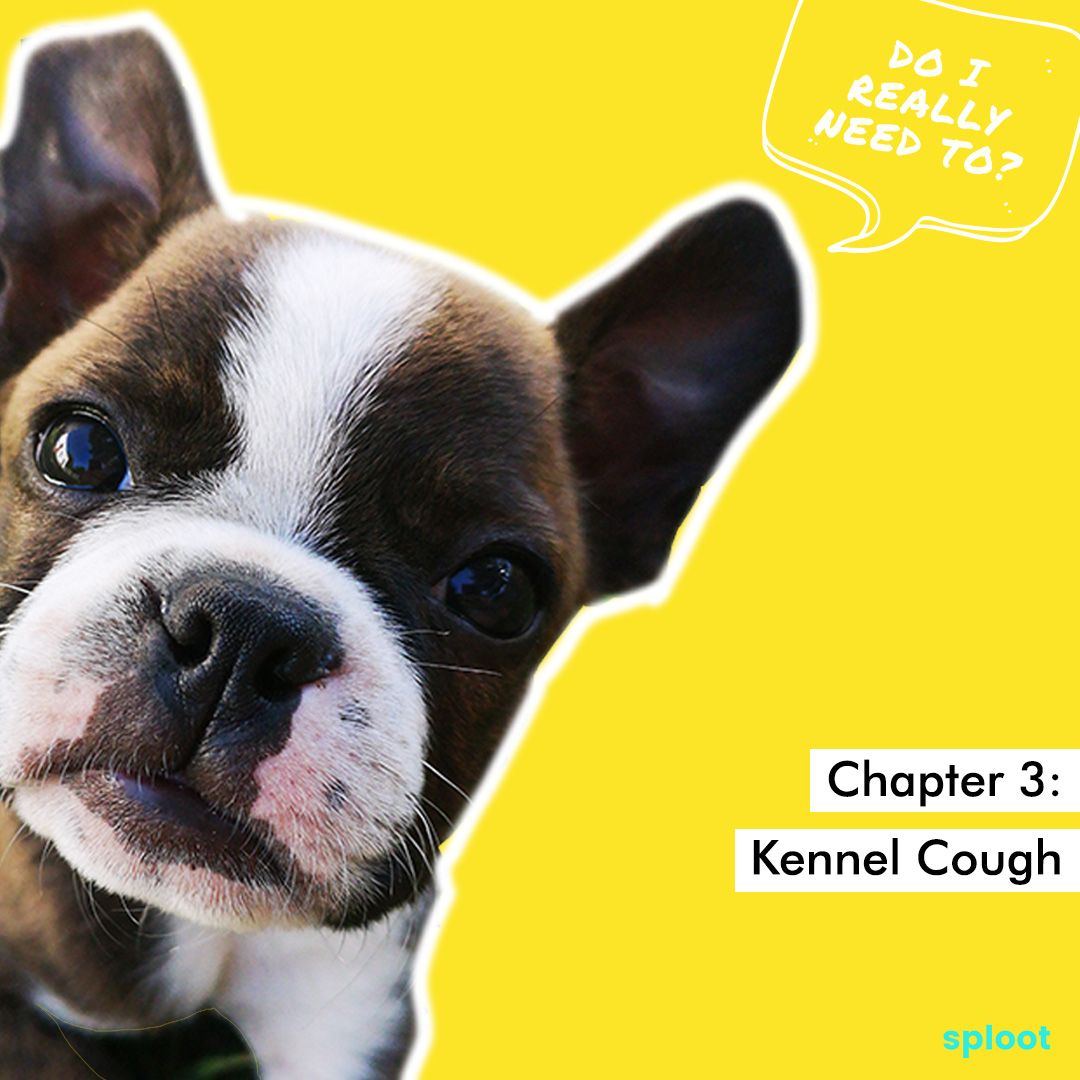Kennel Cough in Dogs | Symptoms and Treatment

What’s the Score on Kennel Cough?
Ever wondered how kennel cough got its name? It’s origins come from how infected dogs in a kennel can quickly infect any other dog inside it. Kennel cough is found around the world, and as per PetMD – is known to infect a large number of dogs at least once in their life.
All About Kennel Cough
Kennel cough in dogs can have multiple causes. One of the most common is the Bordetella bronchiseptica bacterium. According to the Pet WebMD, this virus results in inflammation of the larynx (voice box), and trachea (windpipe). Factors that make dogs susceptible to infection include: cold temperatures, travel-induced stress, exposure to dust or cigarette smoke, and crowded and/or poorly ventilated conditions.
How Can Kennel Cough Affect My Dog?
As per PetMD, the ones who tend to suffer from the most severe complications from kennel cough are young puppies with immature immune systems, and older dogs with decreased immunity. Also at risk are pregnant dogs, and dogs with pre-existing respiratory diseases. If the dogs are sheltered in groups, kennel cough can rapidly evolve into pneumonia, which may require your dog to be hospitalized.
The virus is usually transmitted by a sick dog coughing, and also through direct contact from an infected animal, or through the sharing of contaminated objects.
Signs You Need to Look Out For
Your dog might have kennel cough if you notice one or more of the following:
- A persistent dry cough with a “honking” sound.
- Sneezing
- Runny nose
- Lethargy
- Loss of apetite
- Low fever
If you think your dog is infected, go straight to your vet. Keep in mind that coughing can also be a sign of a more serious disease.
What Can I Do About Kennel Cough?
Treating kennel cough will depend on how serious the infection is. If your pet has only minor symptoms and is otherwise active and eating well, your vet may only prescribe rest and proper nutrition, as well as general supportive care.
Dogs with major symptoms will benefit well from dog medications that reduce inflammation and coughing. Likewise from the American Kennel Club, your vet may issue antibiotics to arrest a bacterial infection, and prevent a recurrence.
Sploot View: Can Be Beaten
Be observant of your dog’s surroundings, and to be prepared for any possible infection. Best if you can deep clean all the surfaces your dog uses and comes into contact with, and that includes beddings as well. If you can’t separate your dog from others, frequent cleaning will help stop cross-contamination. This is paramount because of instances where young children and adults with compromised immunity are also at risk.
Watch out for more topics on how you can keep your doggos far, far away from harm. Feel free to message us on other themes you want us to tackle.
